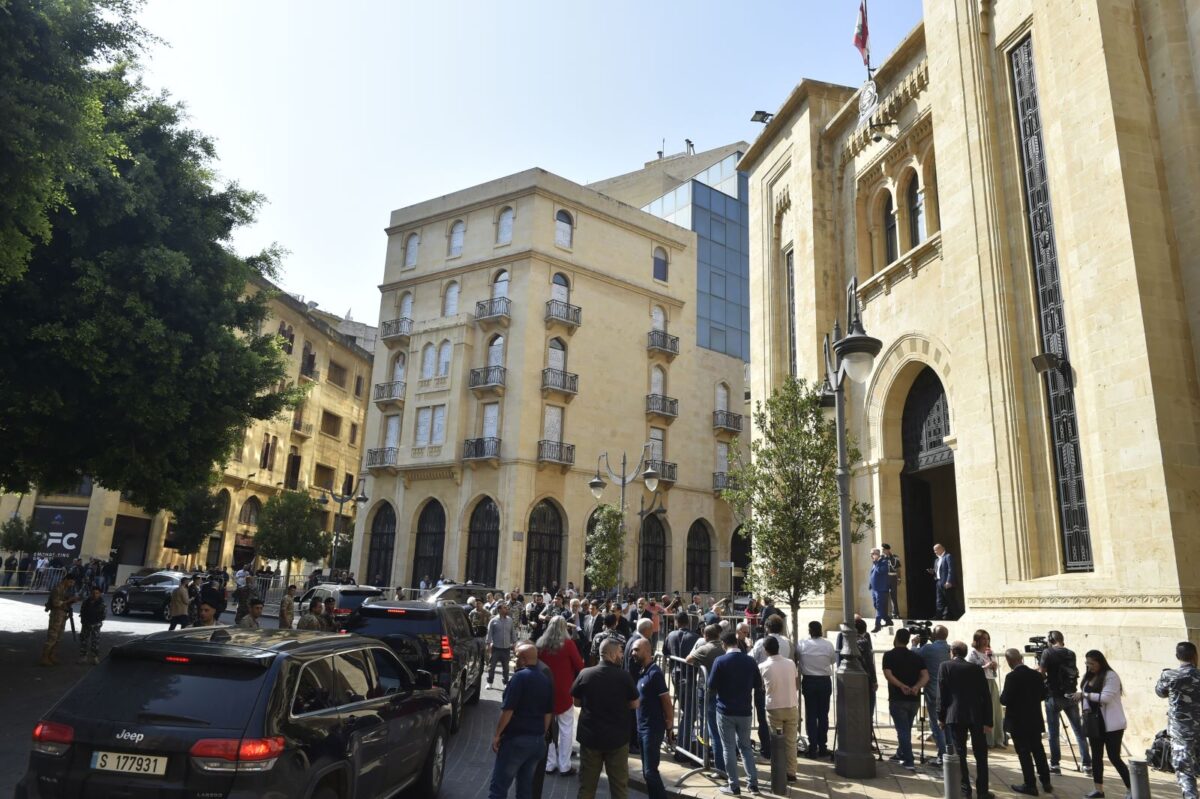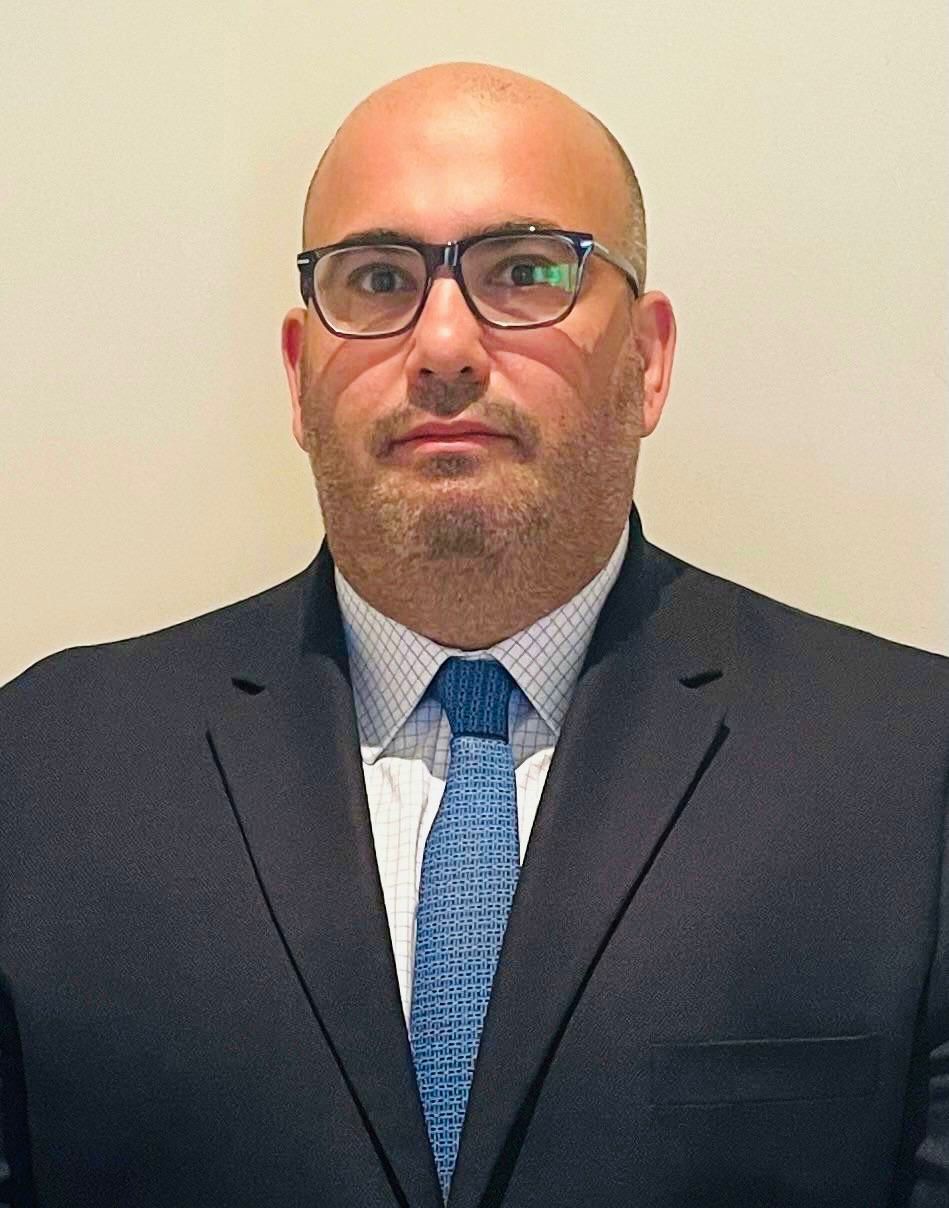
Lessons from Lebanon’s fractured past and path forward
Collective memory and shared narratives are vital in shaping a society’s identity, preventing the recurrence of past atrocities, and fostering a peaceful future. Without memory, there can be no society and no future. Since the end of the civil war (1975–1990), this belief has driven Lebanese civil society activists to campaign for a meaningful transitional justice process – one that addresses the unresolved legacies of the war and dismantles the structural barriers to accountability and reconciliation.
Activists frequently invoke the phrase tenzakar wa ma ten‘ad – literally meaning, in Arabic, ‘let it be remembered but never repeated’ – as an expression of sorrow, regret, and hope to avoid reliving the tragedies of the civil war. Yet, the political elite, supported by Syrian handlers, has suppressed discussions of the civil war, enforcing a culture of impunity. Since the early 1990s, any mention of the war often reignites old sectarian divides, reinforcing the demarcation lines of the past.
This dynamic was recently evident in a controversy sparked by Kassem Kassir, a Hezbollah journalist and commentator closely tied to Hezbollah’s leadership. In a provocative X post addressing the search of an incoming Iran flight at Beirut International Airport, Kassir warned: “If the retaliatory and arbitrary practices at Beirut International Airport against travelers and visitors from the Islamic Republic of Iran continue, we may face one of two scenarios: either a popular uprising similar to the events of February 6, 1984, or a popular movement resembling the incidents of May 7, 2008, in protest against the dismissal of the airport’s security chief.”
To understand the implications of Kassir’s statement, we must examine the events he references. Both February 6, 1984, and May 7, 2008, were initiated by militias with limited popular support. These events represented coups against the Lebanese state and its authority, profoundly influencing the country’s political trajectory and sectarian relations. The February 6, 1984, conflict marked a turning point in Lebanon’s civil war. Militias aligned with the Shiite Amal Movement, the Druze Progressive Socialist Party, and their allies seized control of significant areas, including the southern suburbs of Beirut, parts of Mount Lebanon, and West Beirut. This takeover forced the Lebanese Army to withdraw from these areas, symbolizing a significant erosion of state authority. The conflict also hastened the withdrawal of the Multinational Force, culminating in the departure of US Marines on February 26, 1984.
Similarly, the May 7, 2008, events represented a critical shift in Lebanon’s governance. Hezbollah and its allies launched an armed attack to alter government formation rules and decision-making processes. This incident enforced – but did not formally constitutionalize – a power-sharing mechanism between the state and non-state actors, further embedding Hezbollah within the Lebanese political system.
Since then, Hezbollah’s influence has grown, often at the expense of the state. This was starkly evident on October 8, 2024, when Hezbollah activated the southern Lebanon front in support of Gaza with minimal official oversight, showcasing its ability to operate independently of state authority.
For Hezbollah’s support base, invoking February 6, 1984, and May 7, 2008, may evoke pride and solidarity. However, for much of Lebanon, these events are a painful reminder of sectarian strife and state collapse. The atrocities of February 1984 drove many West Beirut residents to welcome the Syrian Army’s return in 1987. Similarly, the May 2008 attempted coup mobilized voters during the 2009 parliamentary elections, delivering a sweeping victory to the pro-Western March 14 coalition.
Kassir’s references also reflect Hezbollah’s existential crisis. Recent developments, including the November ceasefire that bolstered state institutions like the Lebanese Army, signal a shift toward reclaiming state sovereignty. The approval of the ceasefire text, which references UN resolutions like 1559, underscores this momentum. These resolutions aim to resolve the duality of state and non-state actors that has long polarized Lebanon and strained its international and Arab relations.
Rebuilding a legitimate Lebanese state requires more than good intentions. It demands a phased, inclusive process rooted in solid foundations. Ashraf Ghani, former President of Afghanistan, reminds us that ”State legitimacy is achieved when citizens see the state as their own, not as an external imposition.” In Lebanon’s case, legitimacy hinges on the state’s ability to deliver public goods, ensure security, and build trust with its citizens.
The first critical step in this process is electing a President of the Republic who can guide and supervise efforts to restore legitimacy. This leader must prioritize sovereignty, enforce the Taif Agreement, implement UN resolutions, strengthen civil and military institutions, and ensure efficient public service delivery. Equally important, the process must be inclusive to avoid further fragmentation and eroded credibility.
Lebanon stands at a crossroads. Kassir’s invocation of divisive historical events highlights the urgency of rebuilding a unified, sovereign state. This process will require courageous leadership, unwavering commitment to inclusivity, and the collective will of the Lebanese people. Only by addressing its fractured past and prioritizing state legitimacy can Lebanon forge a peaceful and prosperous future.
Khalil Gebara is an academic and researcher.
The views in this story reflect those of the author alone and do not necessarily reflect the beliefs of NOW.








